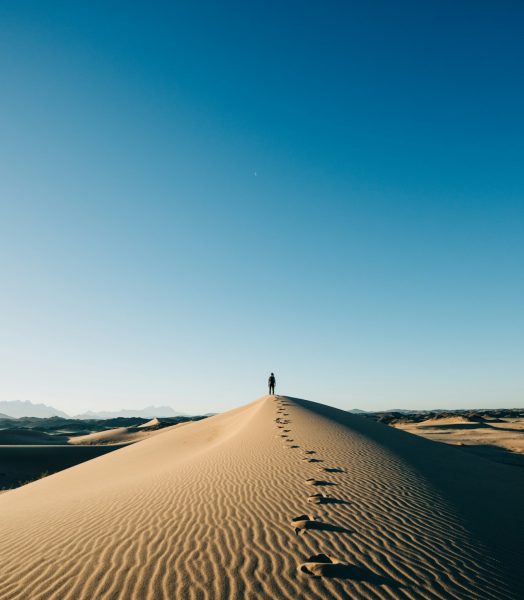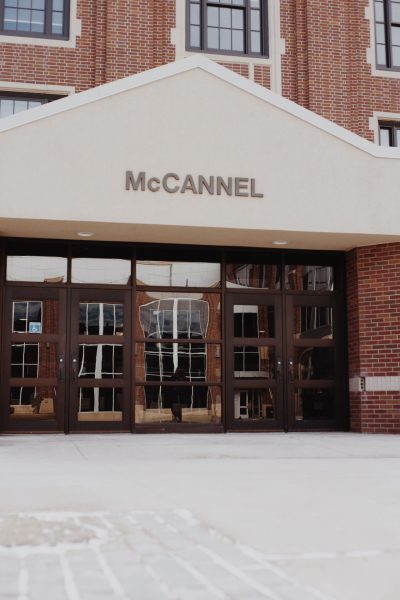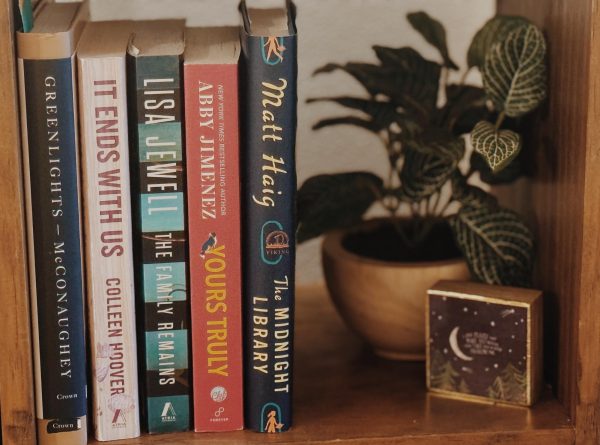The Land of the Lost: Copyright law is leading to lost culture
Over the weekend, I played through the video game “Grim Fandango Remastered,” which, as the title would suggest, is a remastered version of the 1998 Lucasarts adventure game.
The game itself is a masterpiece, both funny and touching, and I could not recommend it more.
What makes this story interesting, however, is the fact that until last week, it had been commercially unavailable for the last 15 years.
The only reason this game has managed to exist is that its original creator, Tim Schaffer, worked with Sony to purchase the rights back from Disney after it purchased Lucasarts and all its intellectual property.
This happy ending is very rare, as most of these “orphan works” do not end up in the hands of their original creators. In the case of the game “Metal Arms: Glitch in the System,” the creator, Steve Ranck, wanted to continue to work on a series, but because he sold the rights to the game, he needed to get them back before he could make the trilogy he had planned. When he offered to buy the rights back from the publisher, Sierra, they said no.
“Metal Arms,” is only available as a download for the Xbox 360, or as a used copy, but it’s unlikely we will ever see the intended sequels that Ranck planned to make.
Copyright law in the U.S. is consistently not a benefit to creators, as more and more copyrights fall into the hands of publishers, producers, record labels and other large corporations that have no intention to do anything with the properties, but maintain the copyright none the less.
With this epidemic of copyright, the public domain has begun to halt its growth, as fewer and fewer works become available each year.
In his book “The Public Domain,” James Boyle writes that 95 percent of books written in the 20th and 21st centuries are commercially unavailable, but still under copyright, and the percentages are even higher for film and music.
Copyright law has become twisted to the point in which it doesn’t benefit creators, but rather hurts consumers, as more and more works are orphaned. We live in a world where corporations will refuse to release the rights to a work they have no intent to use.
There are a few organizations working to preserve many orphaned works, such as The Film Foundation, founded by Martin Scorsese, which has restored and protected films made by Stanley Kubrick, Charlie Chaplin, Alfred Hitchcock, David Lynch and Scorsese himself.
Archive.org works to preserve and give access to abandon music, videos and software. The problem is that what Archive.org does is copyright infringement, and at anytime they could be sued and potentially shut down.
This is the major problem we face with copyright law: More and more works are becoming inaccessible, because the copyright holders have no intention of doing anything with them. Whether that be a commercial release or even free access, corporations see no monetary benefits, and so we lose pieces of art to the broken copyright system.
At a recent seminar on intellectual property given at the Memorial Union, North Dakota University System Associate General Counsel Jason Jenkins described copyright as the protection of art, music and literature. However, he could not be further from the truth. Copyright has made many works unavailable to the public and blocked artists from continuing their work.
Under the current copyright system, nothing you ever grew up with will enter the public domain in your lifetime. Under the current laws, works are copyrighted for 70 years after the author’s death, and “works-for-hire” are automatically copyrighted for 94 years.
Prior to 1978, copyright could only be held for 28 years and would be renewable for another 28. Had this law stayed in effect, the following works that would have become public domain this year: Chinua Achebe’s “Things Fall Apart,” Michael Bond’s “A Bear Called Paddington,” Truman Capote’s “Breakfast at Tiffany’s,” Dr.Seuss’s “Yertle the Turtle and Other Stories,” along with films “Cat on a Hot Tin Roof,” “Gigi,” “South Pacific,” “Touch of Evil,” and “Vertigo.”
Under current copyright law, none of these works will be available until 2054. To put that in perspective, I am 18 now; when these works enter the public domain, I will be 58.
Alex Bertsch is the Opinion Editor of The Dakota Student. He can be reached at [email protected].











